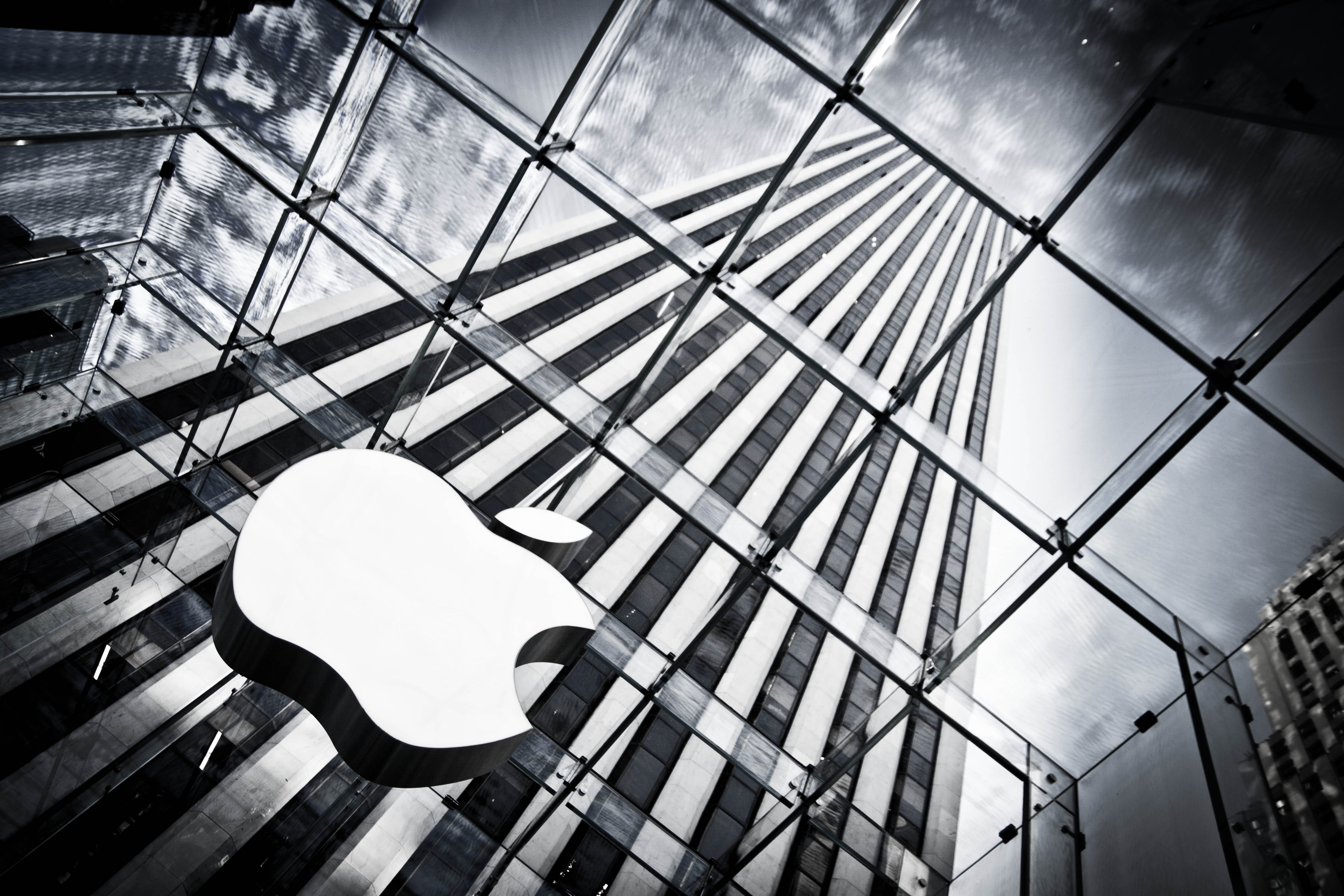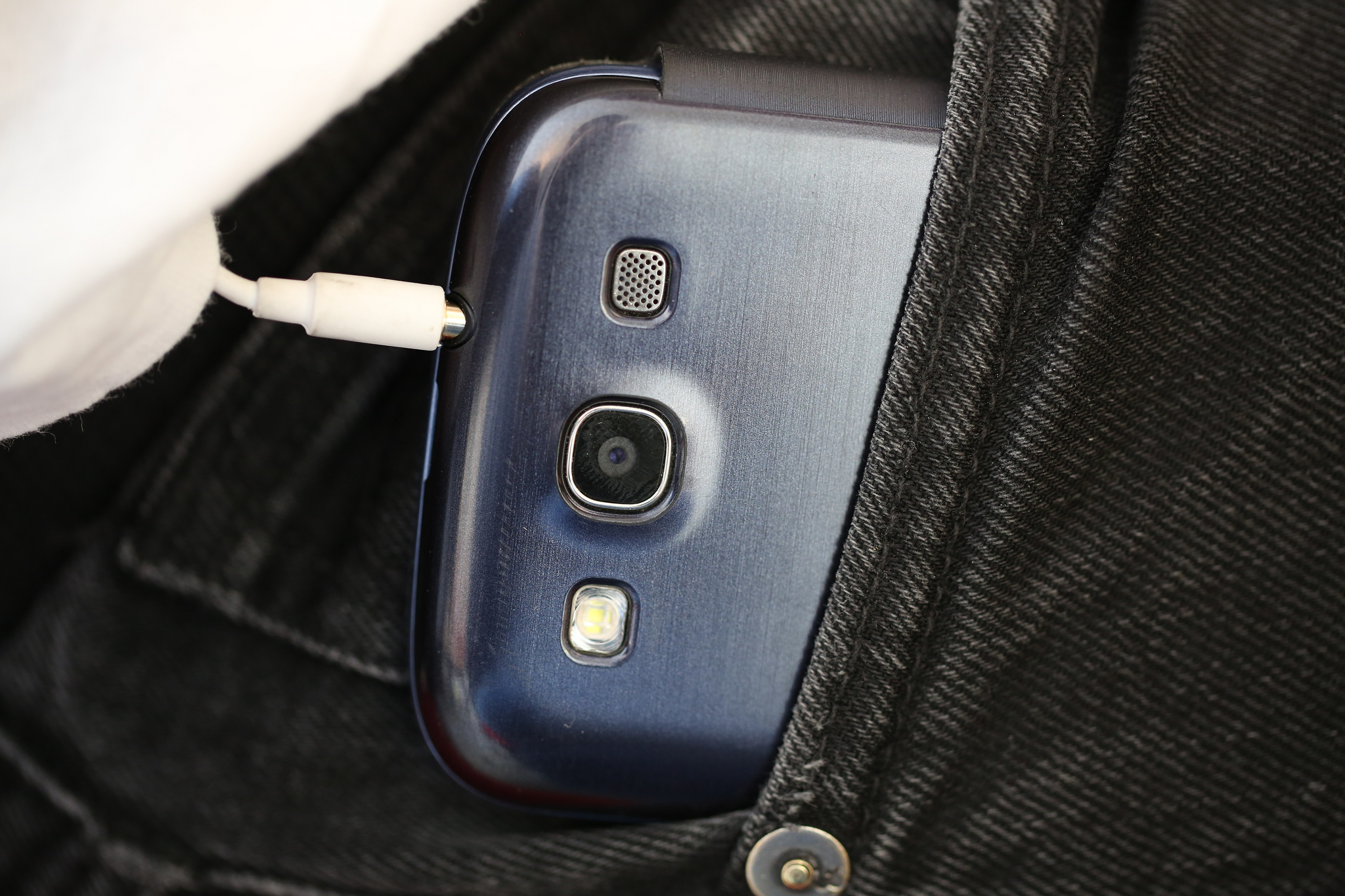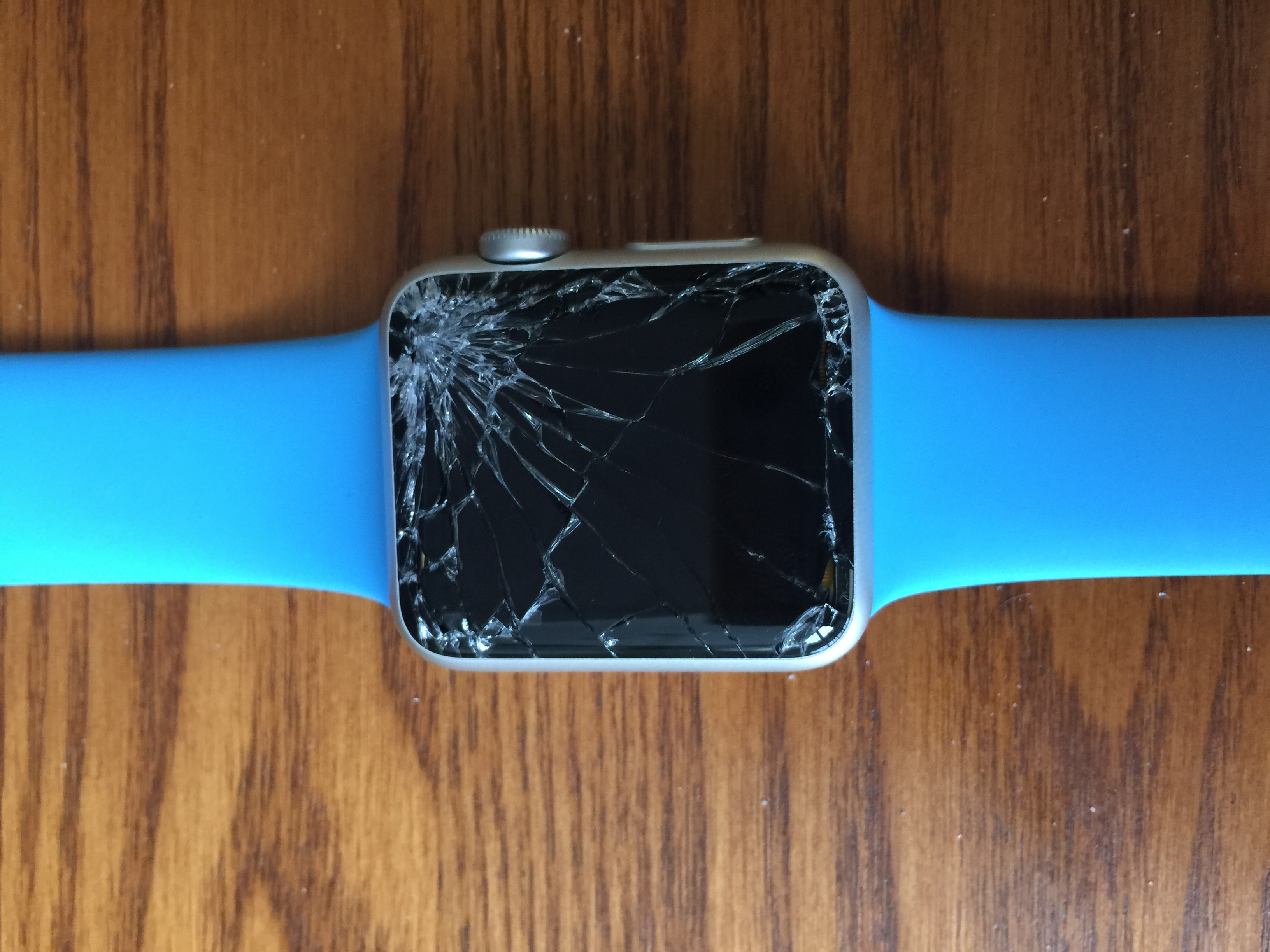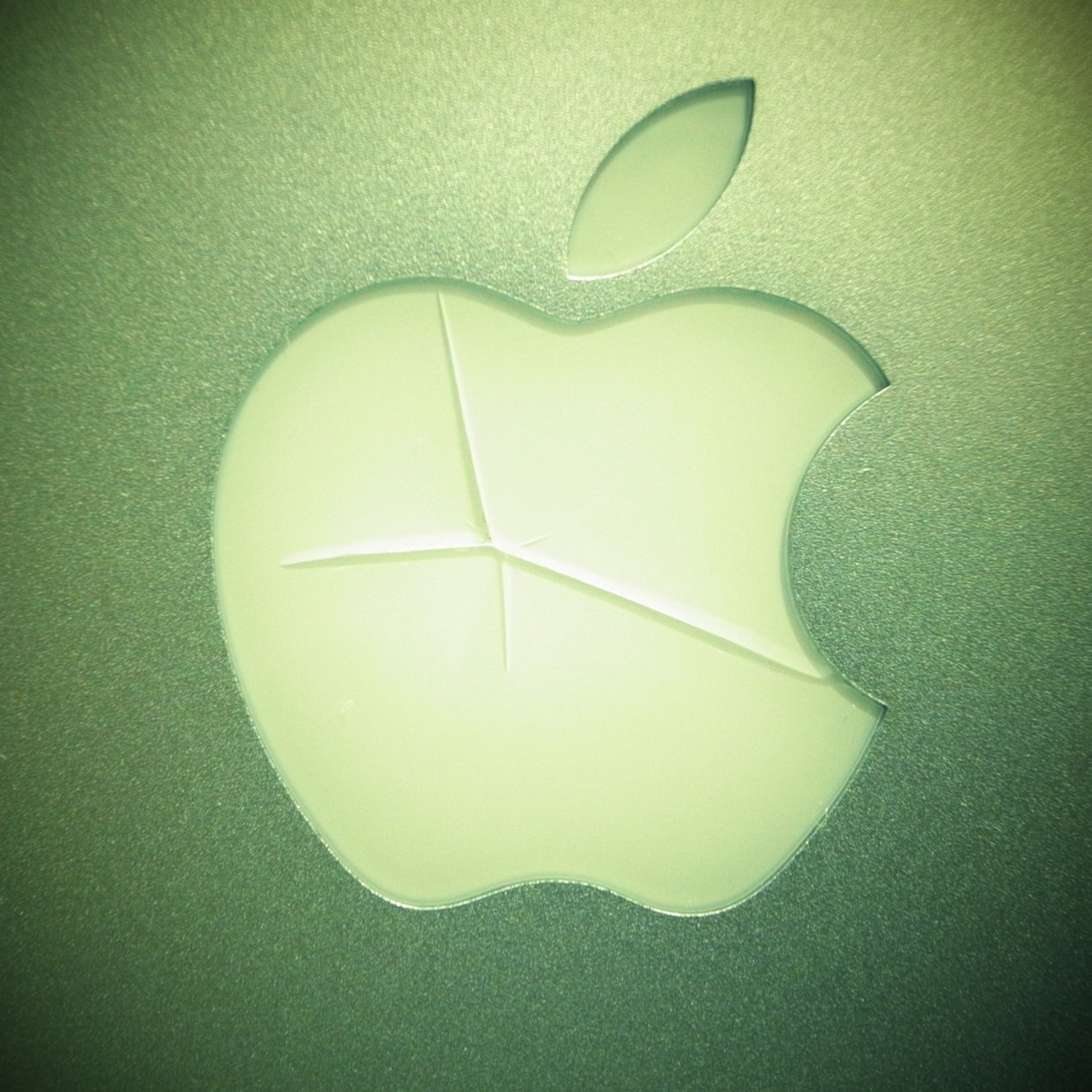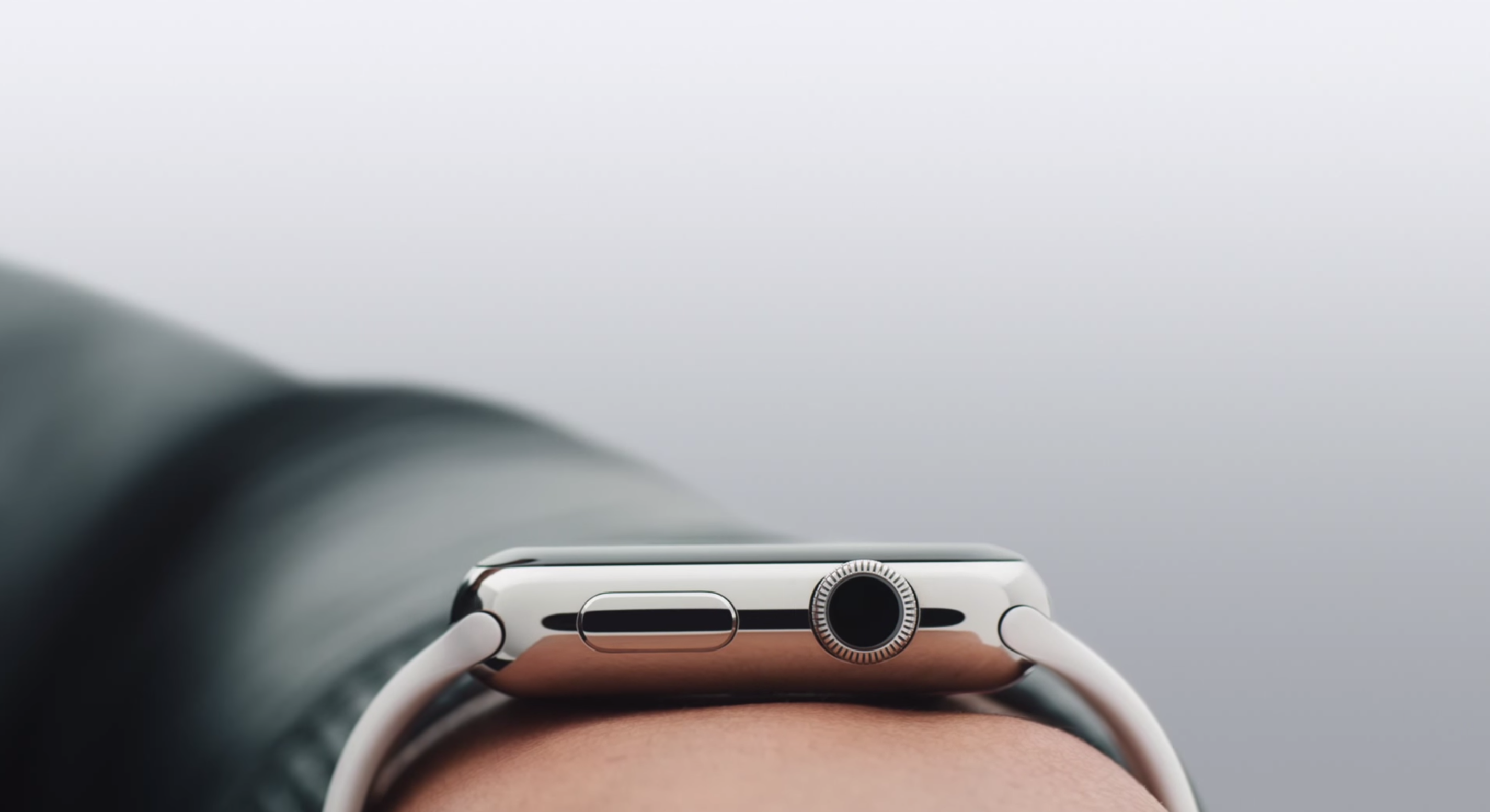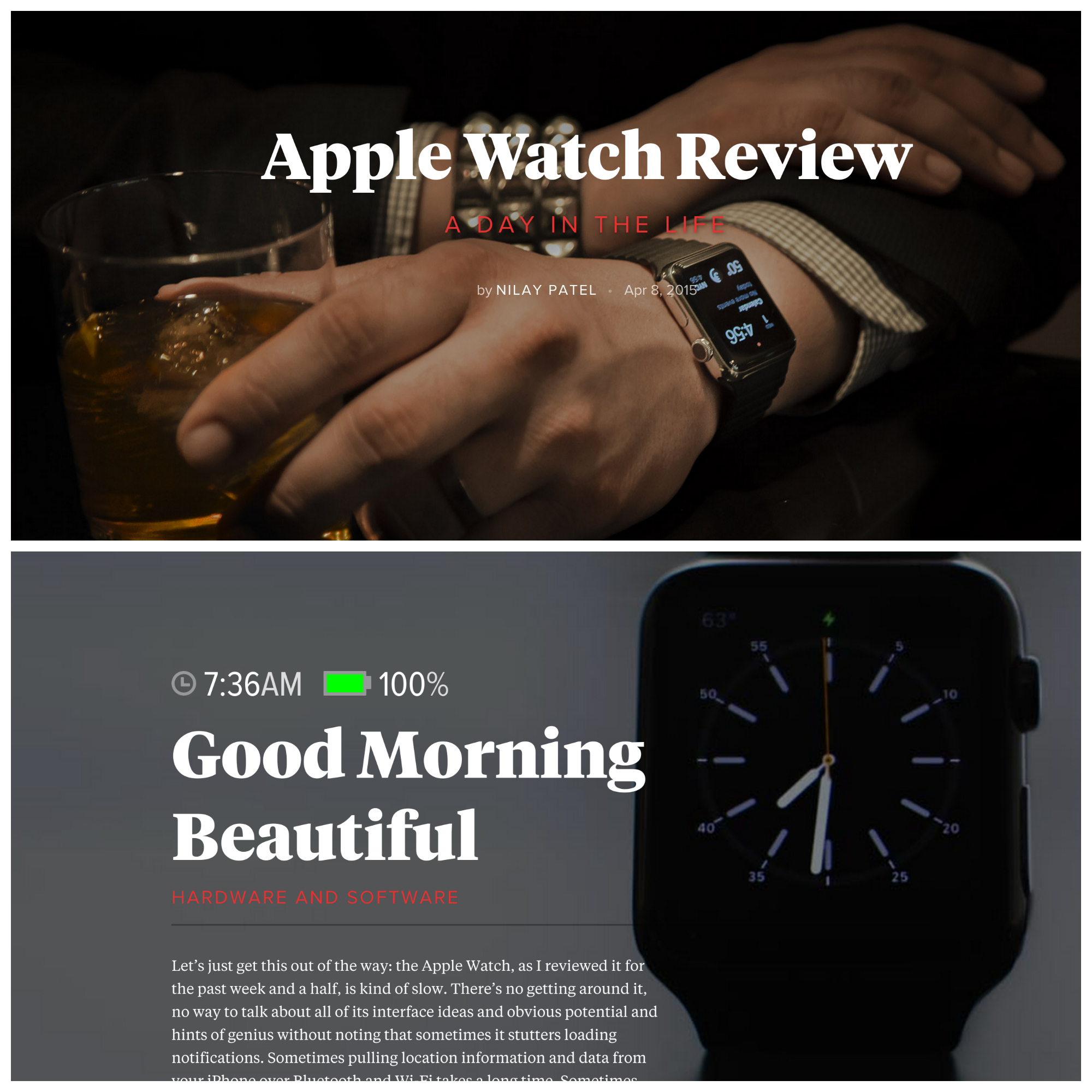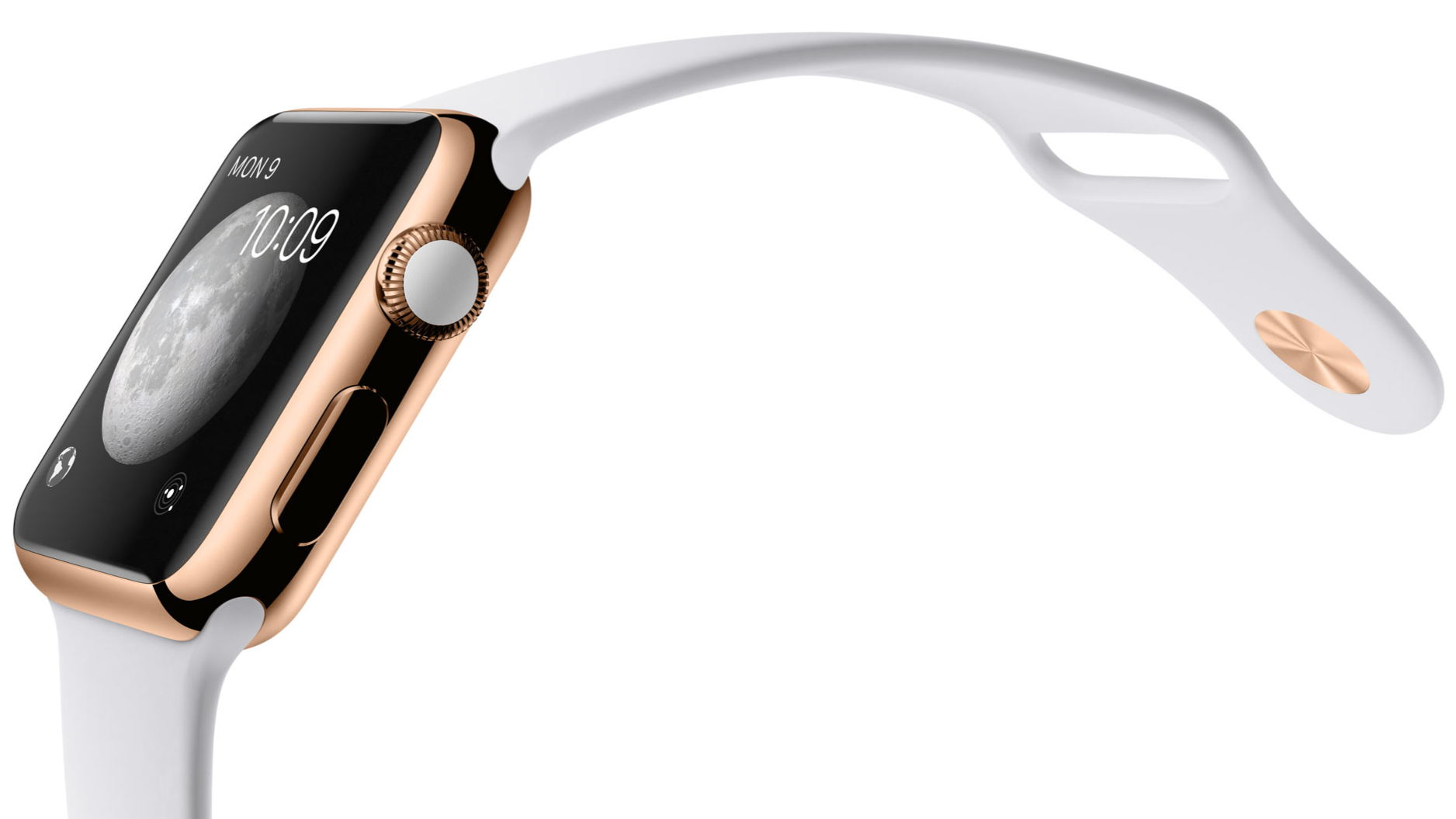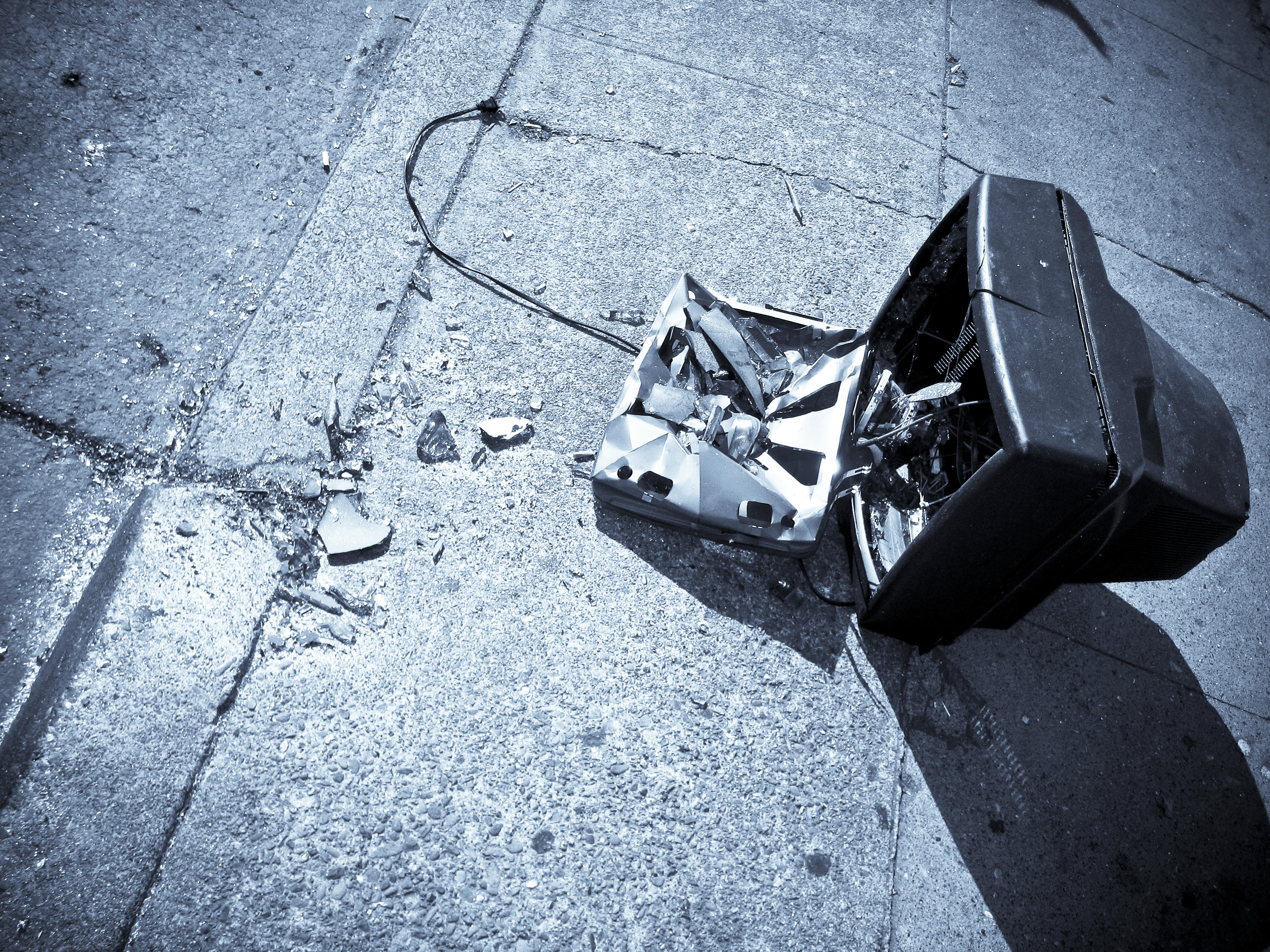Nine years ago, a NPR interviewer asked me about Google and other U.S. companies censoring search results in China. The question was one of morality—to which I gave an answer she didn’t expect. That response, or my recollection of it, is appropriate for rather ridiculous and self-serving statements that Apple CEO Tim Cook reportedly made three days ago.
“We believe that people have a fundamental right to privacy”, Tim Cook said, Matthew Panzarino reports for TechCrunch. “The American people demand it, the constitution demands it, morality demands it”. Oh? What is moral? The answer I gave NPR in 2006 applies: There is no moral high ground in business. The high ground is quagmire, because all public companies—Apple surely among them—share a single, moral objective: Make profits for stockholders. Plain, pure, and simple.
